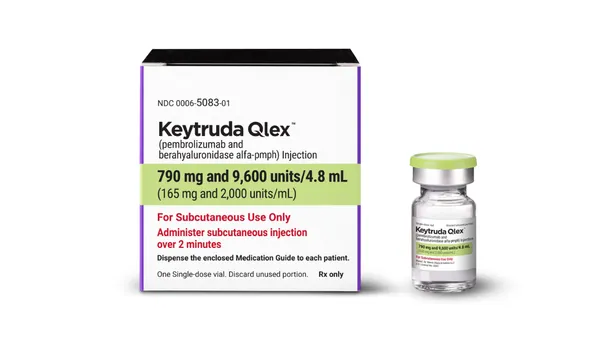Honing Ockham’s Razor Communication Strategies Donald JM Phillips, Pharm.D., Principal and CEO The 14th Century logician, William of Ockham wrote, “Numquam ponenda est pluralitas sine necessitate,” which translates as, “Plurality ought never to be posed without necessity.” While this principle is often interpreted to mean, “Keep things simple whenever possible,” a more accurate interpretation of Ockham’s concept would be, “Examine carefully the simplest possible explanation of every situation, because it tends to contain the least likelihood of falsehood.” Today’s U.S. healthcare marketplace is arguably one of the most complicated business environments in the world. In a well-intended effort to optimize health, we have developed an expensive, incentive-imbalanced system of products and services, influenced by an outlandish number of stakeholders and complicated further by political, regulatory, and legal forms of control that can encompass religious dogma at one end and class action lawsuits at the other. Wandering through this landscape is a tribal system of healthy consumers, patients, caregivers, healthcare providers, employers, insurers, regulators, policymakers, politicians, litigators, and opinion givers of a thousand different varieties. Every one of these “tribes” has its own agenda and seeks out information that is germane to its specific interests to justify the use (or the non-use) of a particular product or service. Communicating Effectively But Ockham’s razor has held true for more than 600 years and is well worth applying when faced with the need to communicate effectively in a marketplace such as this. The most probable way to communicate with success in such an environment is to create messages that are easy to understand and deliver them with optimal efficiency. To do this, we must shave away any portion of our theoretical model that is not essential to addressing the specific situation. Evaluating Current Methods For several decades, the primary method of communicating with physicians in the pharmaceutical industry has been the detail aid. Tens of millions of dollars are spent every year on developing, honing, testing, creating, and producing the detail aids used by tens of thousands of field representatives. And in a world where most physicians willingly accepted regular visits from a relatively small number of pharmaceutical sales representatives, this was a highly efficient way to deliver very specific messages to highly defined target audiences. But today, there is an increasing reluctance on the part of physicians to spend time with reps, for all sorts of different reasons. Is the detail aid still as important as it once was? What is the most appropriate role for the field force today? What will be its appropriate role tomorrow? Assessing the DTC Equation In the early 1990s, the pharmaceutical industry finally won the right to use DTC advertising to promote its products to the end user. Such advertising undoubtedly raised the sales and market shares for certain types of products — at a cost of billions of dollars. But has it been efficient in the long term? Many would argue that the scorn now heaped regularly on the pharmaceutical industry is a direct consequence of the very high visibility of DTC advertising and thus the increased public awareness of the profitability of the industry. How do we address the DTC risk-benefit equation? In the long term, can we afford the abuse to gain the historic financial rewards? At least one highly successful biopharmaceutical company has publicly stated that it will never use DTC advertising to promote its products. Looking Ahead For the next decade, the U.S. healthcare marketplace will continue to be a tumultuous and highly dynamic environment. Communicating effectively and efficiently in that environment will be a challenge for every manufacturer of healthcare products and deliverer of healthcare services. As marketers, how we approach these challenges with new ideas is critical to success. We must keep Ockham’s razor sharp, and we must be willing to apply it regularly. There are hundreds of agencies and communications companies that clients can use to help develop and deliver their messages. But, a critical role of every valuable agency is its willingness to challenge the status quo, to apply Ockham’s razor, and to bring very different insights to bear on the particular communications challenge that is placed before it. Only through the meaningful differentiation of the product(s) or service(s) from the rest of the field can marketers truly build brands with lasting value. Such brand building is still at the heart of the global healthcare industry. And the strongest healthcare brand in America today is Medicare. A critical role of every valuable agency is its willingness to challenge the status quo, to apply Ockham’s razor, and to bring very different insights to bear on the particular communications challenge that is placed before it. Vox Medica Inc., Philadelphia, is one of the largest independent healthcare communications companies in the United States. For more information, visit voxmedica.com. March 2007 VIEW on Advertising
An article from


Honing Ockham's Razor
Filed Under:
Commercialization










